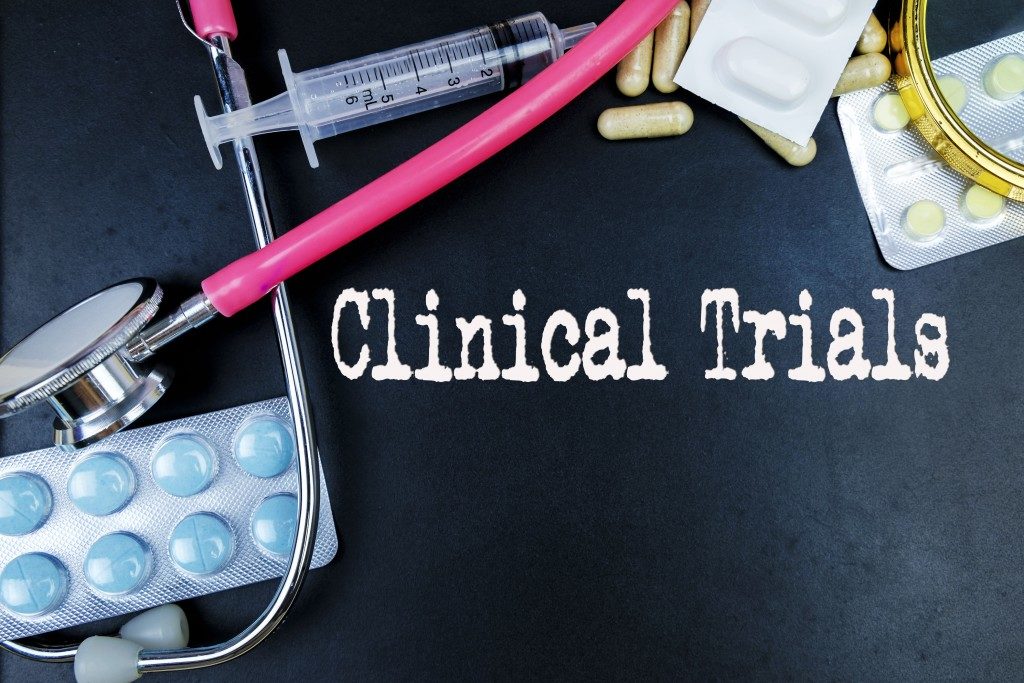One factor causing delays in clinical trials is the lack of study volunteers. These delays can affect the cost of a study and the cost of drug development. The National Institutes of Health (NIH) explains clinical trials look at new ways to prevent, detect, or treat a certain disease, including cancer, dementia, and cardiovascular disease.
Clinical research carried out on humans is not only for patients. You can also volunteer even if you’re healthy, but only if you have no known significant health problems.
Why Should You Participate in Clinical Trials?
Clinical trials aim to determine the effectiveness and safety of a new test or new treatment, which can be in various forms, including:
- New ways to use current treatments
- New surgical procedures or devices
- New drugs or new combinations of drugs
This is an excellent avenue to help other people and contribute to moving science forward. You’re able to assist researchers to create better treatments for future patients. Healthy volunteers help researchers define the limits of “normal,” especially when developing new techniques, like blood tests.
Researchers will match you to a patient based on characteristics, like age, gender, or family relationship. You will receive tests, procedures, or drugs similar to the patients’. Researchers will then compare the results between the patients and healthy volunteers to learn more about the disease.
Clinical trials, however, have potential risks that may affect your overall health. It pays to know them to help you decide whether to participate in one.
What Can You Expect?

Most clinical trials are safe for everyone involved in the research. Some research, however, may involve minor and serious risks.
Some treatments have side effects that can be due to the treatment and not the trial itself. Not all participants experience side effects, though. This can help researchers further understand how the treatment works on different people.
It’s crucial to ask about the tests and the purpose of the trial to set your expectations. The trial clinic should discuss crucial information about the research before it begins.
In case you experience side effects, report it immediately to the researchers because they are a vital part of the trial. Researchers will also help you manage these side effects and determine if you can continue participating as a volunteer.
How Would You Qualify for Clinical Trials?
Anyone can apply to join a certain clinical trial. Every trial, however, has a protocol or action plan, which will include the following:
- Things to be done in the study
- The methodology of the study
- The significance of each part of the study
You may also join the registry for the Clinical Research Volunteer Program, a resource that matches potential volunteers to clinical trials at the NIH Clinical Center. You have to provide your basic information and permit the agency to share that information with the research teams.
Many diseases still have no cure or treatments. Clinical trials play a crucial role in helping people recover from a certain illness by developing new treatments and improving the existing ones. Your participation can be a huge contribution to the advancement of healthcare.


